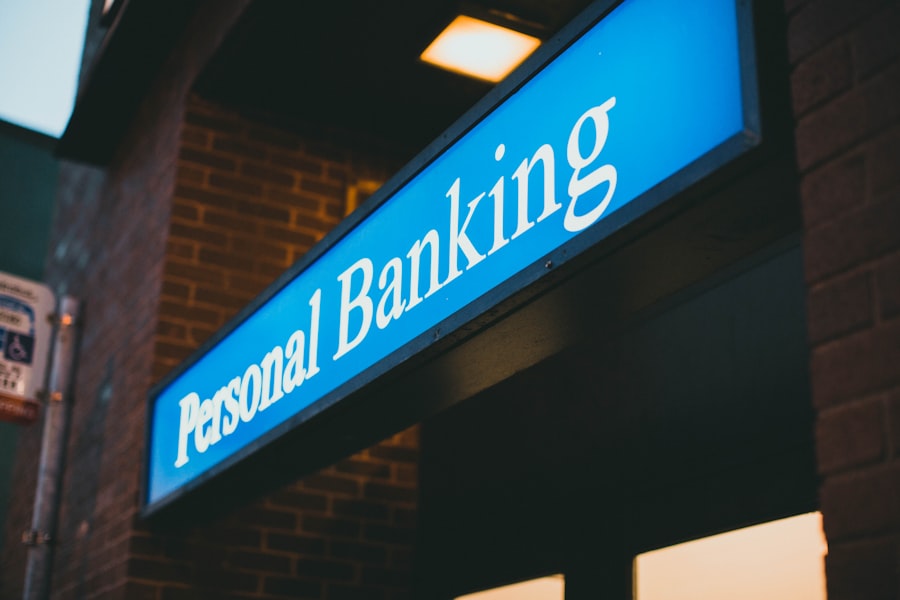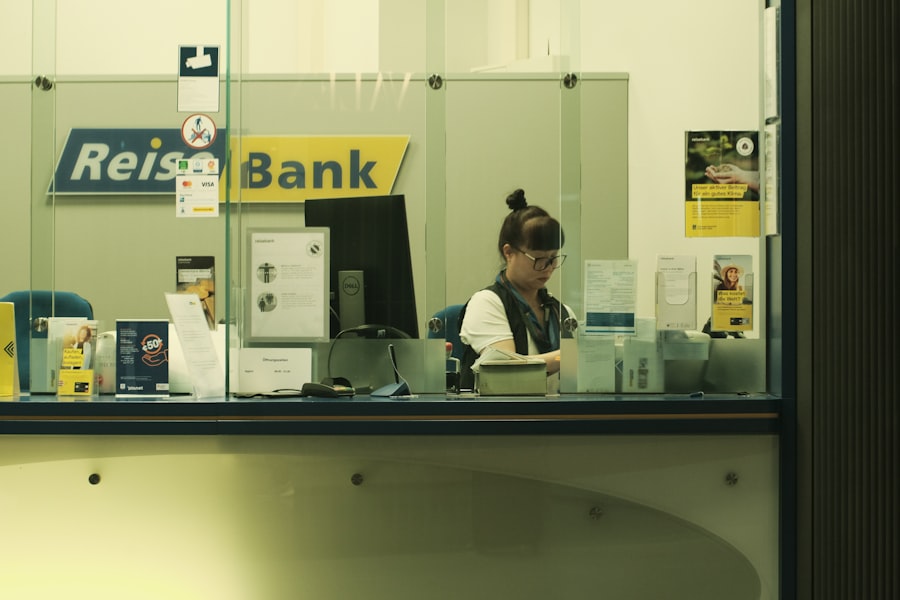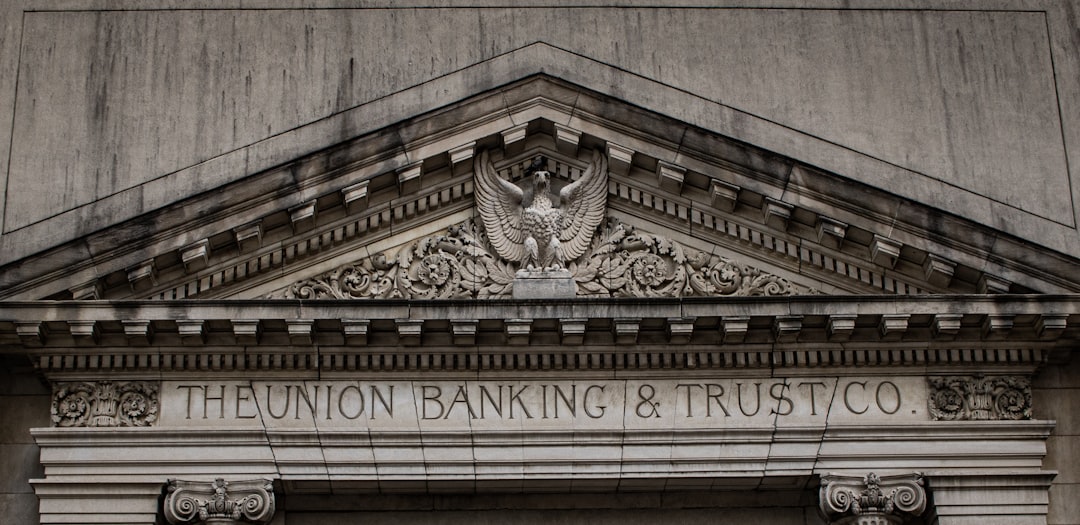Bank fraud is a serious crime that affects millions of consumers and financial institutions worldwide. At its core, bank fraud involves deceitful practices aimed at obtaining money or assets from a bank or financial institution through illegal means. This can range from simple check forgery to complex schemes involving identity theft and cybercrime.
As a consumer, it is crucial for you to understand the various facets of bank fraud, as awareness is your first line of defense against becoming a victim. The implications of bank fraud extend beyond just financial loss; they can also lead to emotional distress and a loss of trust in financial systems. When you think about bank fraud, it’s essential to recognize that it can happen to anyone, regardless of their financial literacy or vigilance.
Understanding the mechanisms behind these fraudulent activities can empower you to take proactive steps to protect yourself and your assets.
Key Takeaways
- Bank fraud involves the use of illegal means to obtain money, assets, or other property owned or held by a financial institution.
- Types of bank fraud include identity theft, credit card fraud, check fraud, and phishing scams.
- Protecting consumers from bank fraud is important to maintain trust in the financial system and prevent financial losses.
- Financial institutions provide safeguards such as encryption, multi-factor authentication, and fraud monitoring to protect consumers from bank fraud.
- Consumers can protect themselves from bank fraud by monitoring their accounts regularly, using strong passwords, and being cautious of suspicious emails and phone calls.
Types of Bank Fraud
Bank fraud manifests in various forms, each with its own methods and targets. One common type is check fraud, where individuals forge or alter checks to withdraw funds illegally. This can happen when someone steals a blank check or manipulates the details on an existing one.
As a consumer, you should be aware of how easily this can occur and take steps to safeguard your checks. Another prevalent form of bank fraud is credit card fraud, which often involves the unauthorized use of your credit card information to make purchases.
The rise of online shopping has made this type of fraud increasingly common, and it’s vital for you to monitor your accounts regularly for any suspicious activity. Additionally, identity theft is a significant concern, where criminals use your personal information to open new accounts or take out loans in your name, leaving you with the burden of debt and damaged credit.
Importance of Protecting Consumers

Protecting consumers from bank fraud is not just a responsibility of financial institutions; it is a collective effort that involves individuals, businesses, and regulatory bodies. As a consumer, you play a crucial role in this ecosystem. When you are informed about the risks and signs of bank fraud, you contribute to a safer financial environment for everyone.
Your vigilance can deter potential fraudsters and help maintain the integrity of the banking system. Moreover, the impact of bank fraud extends beyond individual losses; it can affect the overall economy. When consumers lose trust in banks due to frequent fraud incidents, they may withdraw their funds or avoid using banking services altogether.
This can lead to decreased liquidity in the market and hinder economic growth. Therefore, understanding the importance of protecting yourself and others from bank fraud is essential for fostering a stable financial landscape.
Safeguards Provided by Financial Institutions
| Financial Institution | Safeguards Provided |
|---|---|
| Bank | Encryption, Two-factor authentication, Fraud monitoring |
| Credit Union | Secure online banking, Account alerts, EMV chip cards |
| Investment Firm | Secure login, Account activity notifications, Data encryption |
Financial institutions have implemented various safeguards to protect consumers from bank fraud. These measures include advanced encryption technologies, multi-factor authentication, and real-time transaction monitoring systems designed to detect unusual activity. As a consumer, it’s beneficial for you to familiarize yourself with these security features and take advantage of them when managing your accounts.
Additionally, many banks offer educational resources and tools to help you recognize potential threats. They may provide alerts for suspicious transactions or offer identity theft protection services. By utilizing these resources, you not only enhance your security but also contribute to a culture of awareness that can help reduce the prevalence of bank fraud.
Tips for Consumers to Protect Themselves
To effectively protect yourself from bank fraud, there are several proactive steps you can take.
Setting up alerts for transactions over a certain amount can also help you catch fraudulent activity early on.
If you notice anything suspicious, report it immediately to your bank. Another critical tip is to use strong, unique passwords for your online banking accounts and change them regularly. Avoid using easily guessable information such as birthdays or common words.
Additionally, consider enabling multi-factor authentication whenever possible; this adds an extra layer of security by requiring more than just your password to access your account.
Government Regulations and Protections

Government regulations play a vital role in protecting consumers from bank fraud. Various laws have been enacted to safeguard your rights as a consumer and ensure that financial institutions adhere to strict security standards. For instance, the Fair Credit Reporting Act (FCRA) allows you to access your credit report and dispute inaccuracies that may arise from fraudulent activities.
Moreover, the Electronic Fund Transfer Act (EFTA) provides protections for electronic transactions, ensuring that you are not held liable for unauthorized transactions if you report them promptly. Understanding these regulations can empower you as a consumer, giving you the knowledge needed to navigate potential issues related to bank fraud effectively.
The Role of Technology in Preventing Bank Fraud
Technology has revolutionized the way we conduct banking transactions, but it has also introduced new avenues for fraudsters. However, advancements in technology have also led to innovative solutions for preventing bank fraud. For instance, artificial intelligence (AI) and machine learning algorithms are now being used by banks to analyze transaction patterns and detect anomalies that may indicate fraudulent activity.
As a consumer, you benefit from these technological advancements as they enhance the security of your banking experience. Many banks now employ biometric authentication methods such as fingerprint scanning or facial recognition, making it more difficult for unauthorized users to access your accounts. Staying informed about these technological developments can help you appreciate the measures in place to protect your finances.
Recognizing Warning Signs of Bank Fraud
Being able to recognize warning signs of bank fraud is crucial in protecting yourself from becoming a victim. Some common indicators include unexpected changes in your account balance, unfamiliar transactions that you did not authorize, or receiving bills for accounts you did not open. If you notice any discrepancies or receive communication from your bank that seems suspicious, it’s essential to act quickly.
Additionally, be wary of unsolicited emails or phone calls requesting personal information or urging you to click on links. These could be phishing attempts designed to steal your information. Educating yourself about these warning signs can help you stay vigilant and proactive in safeguarding your financial assets.
Reporting Suspected Bank Fraud
If you suspect that you have fallen victim to bank fraud or notice any suspicious activity on your accounts, it is imperative that you report it immediately. Contact your bank’s fraud department directly; they are trained to handle such situations and can guide you through the necessary steps to secure your account and mitigate any potential losses. In addition to notifying your bank, consider reporting the incident to local law enforcement and relevant consumer protection agencies.
This not only helps protect yourself but also contributes to broader efforts in combating bank fraud within your community.
Legal Recourse for Victims of Bank Fraud
Victims of bank fraud have legal recourse available to them under various laws designed to protect consumers. Depending on the nature of the fraud, you may be entitled to recover lost funds or seek damages through civil litigation against the perpetrators. It’s essential for you to document all communications with your bank and any evidence related to the fraudulent activity.
Consulting with a legal professional who specializes in consumer protection can provide valuable guidance on how best to proceed if you find yourself in this unfortunate situation. Understanding your rights as a victim can empower you to take action and seek justice.
Consumer Education and Awareness
Consumer education is paramount in the fight against bank fraud. Financial institutions, government agencies, and non-profit organizations all play a role in raising awareness about the risks associated with banking and how consumers can protect themselves. As an informed consumer, you should actively seek out educational resources that provide insights into current trends in bank fraud and effective prevention strategies.
Participating in workshops or webinars offered by financial institutions can also enhance your understanding of how to safeguard your finances effectively. By staying informed and sharing knowledge with friends and family, you contribute not only to your own security but also help create a more aware community that is less susceptible to fraudulent activities. In conclusion, understanding bank fraud is essential for every consumer navigating today’s financial landscape.
By familiarizing yourself with its various forms, recognizing warning signs, and utilizing available resources and protections, you can significantly reduce your risk of falling victim to these crimes. Your proactive approach not only safeguards your finances but also contributes to a more secure banking environment for everyone.
In today’s digital age, consumer protection against bank fraud has become increasingly crucial as cybercriminals develop more sophisticated methods to exploit vulnerabilities. An insightful article on this topic can be found on HeyDidYouKnowThis, which delves into various strategies and measures that consumers can adopt to safeguard their financial information. The article emphasizes the importance of staying informed about the latest fraud tactics and highlights the role of financial institutions in implementing robust security protocols. For more detailed information, you can read the full article by visiting this link.
WATCH THIS! 🏦 1 Billion Dollar Scam That Banks Won’t Stop 🤑
FAQs
What is bank fraud?
Bank fraud refers to the illegal act of using illegal means to obtain money or other assets held by a financial institution. This can include activities such as identity theft, account takeover, phishing, and other forms of deception.
How can consumers protect themselves against bank fraud?
Consumers can protect themselves against bank fraud by regularly monitoring their bank accounts and credit reports, using strong and unique passwords for their online banking accounts, being cautious of phishing attempts, and promptly reporting any suspicious activity to their bank.
What are some common types of bank fraud that consumers should be aware of?
Some common types of bank fraud that consumers should be aware of include identity theft, fraudulent wire transfers, counterfeit checks, and unauthorized use of debit or credit cards.
What should consumers do if they suspect they have been a victim of bank fraud?
If consumers suspect they have been a victim of bank fraud, they should immediately contact their bank to report the suspicious activity and request that their accounts be secured. They should also file a report with the police and report the fraud to the Federal Trade Commission.
What laws and regulations are in place to protect consumers against bank fraud?
There are several laws and regulations in place to protect consumers against bank fraud, including the Fair Credit Billing Act, the Electronic Fund Transfer Act, and the Truth in Savings Act. Additionally, banks are required to have security measures in place to protect their customers’ accounts and personal information.
